Category: Newsletter
-
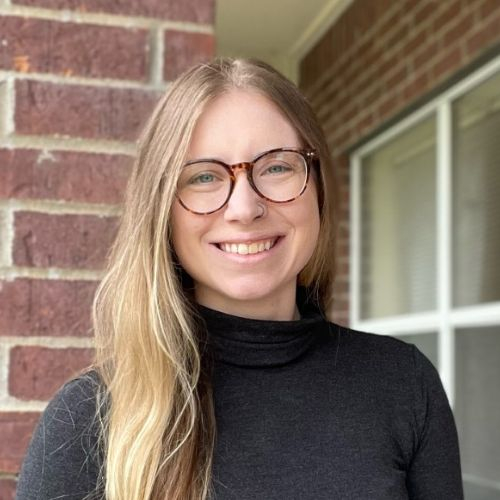
From Mentee to Mentor: Tips on How to Effectively Mentor Undergraduate Students as a Graduate Student
by Anna Maralit, B.A., University of Missouri Graduate students often engage in informal mentoring of undergraduate students in their roles as graduate teaching and research assistants, however, little attention has been given to understanding and improving mentoring relationships between graduate students and undergraduate students (Brown, 2016). As we are often close in age to undergraduates who may…
-
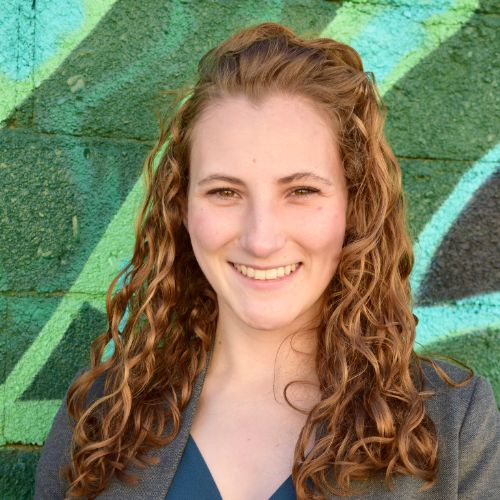
Barriers to Retention: Systematic Financial Barriers for Graduate Students from Traditionally Underrepresented Backgrounds
by Katherine A. Carosella, M.A., University of Minnesota Many students would agree that the process of gaining admission to graduate programs is arduous but the process of completing a doctoral program is significantly more difficult. This is the case for all graduate students, though students from traditionally underrepresented backgrounds, namely those who are not white and from…
-

Building R Coding Skills as a Clinical Trainee
by Alexander L. Williams, M.S., Northwestern University Clinical trainees juggle a number of responsibilities. When you are working to keep up with your caseload, stay on top of classes, all the while carving out the time you can for your research, there are compelling reasons to spend as little time as possible on anything else! An…
-
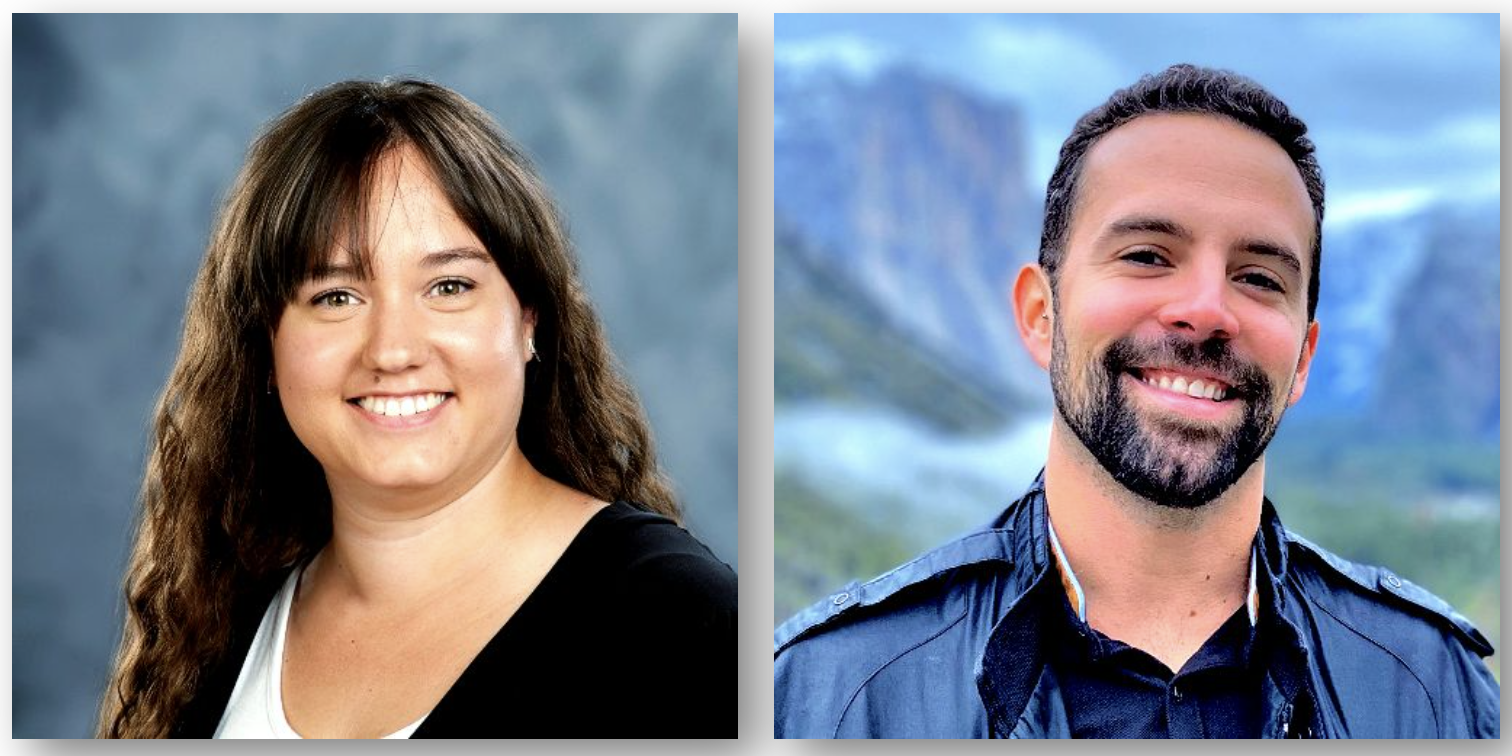
Financial Debt and Stress in Clinical Psychology Doctoral Students
by Erica Szkody, Ph.D.* & Steven Hobaica, Ph.D.*** Stony Brook University; ** The Trevor Project Graduate student debt loads are steadily rising, and financial stress remains a significant stressor for many graduate students. In our recent study (Szkody et al., 2022; (N = 912), the average clinical psychology doctoral student loan debt was $76,000 by…
-

How Neighborhood Factors Contribute to Well-Being and the Etiology of Psychopathology in Children and Adolescents: A Path Forward
by Estelle Berger, M.S., University of Oregon The places we live and the spaces we inhabit can play a significant role in shaping our mental and general health. This is especially true for children and adolescents as they develop physically, psychologically, and socially. Below, I critically discuss the literature on this topic. Currently, over half of…
-

Considerations for Collecting Psychophysiological Data in Early Childhood
by Gabriela Memba, M.A., University at Buffalo Over the past few decades, the field of clinical psychology has incorporated physiology-based theory and methodology into its research (Cacioppo et al., 2007). This growing field of study is known as psychophysiology, which is defined as the scientific study of social, psychological, and behavioral phenomena and their relation…
-

Science Communication: 6 Reasons for Increased Public Engagement among Clinical Psychologists
by Matt Mattoni, Temple University No academic field relates to our experience of everyday life as much as psychology: our thoughts, emotions, behaviors, and social life are all wrapped into this one subject. It is unsurprising that psychology has become one of the most popular college majors, and that innumerable books, movies, and shows build…
-

Integrating a Developmental Psychopathology Framework into Therapeutic Practice
by Sky Cardwell, M.S., Pennsylvania State University As clinical science training models emphasize the importance of integrated clinical research and practice, I believe developmental psychology frameworks should be incorporated. The field of developmental psychopathology seeks to examine the development and maintenance of psychopathologies and the pathways and mechanisms involved in this development (Hinshaw, 2017). Though developmental…
-
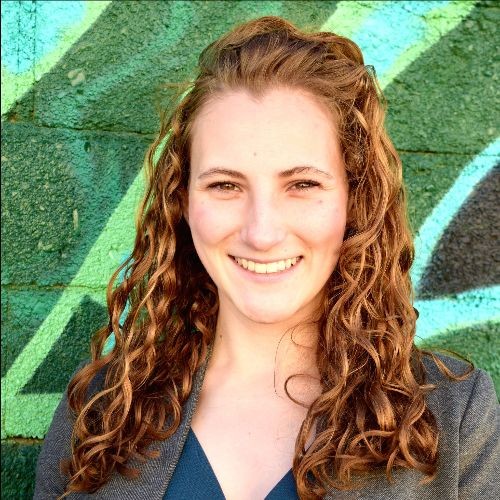
Barriers to Entry: Systematic Barriers at the Undergraduate Level to Increasing Diversity Among Professional Psychologists
by Kate Carosella, University of Minnesota There exists a stark mismatch between the diversity of the United States population and that of the psychology workforce (American Psychological Association, 2017; Jones et al., 2021; United States Census Bureau, 2022). This discrepancy has persisted despite repeated, widespread attempts to increase representation (McHolland et al., 1990; Rogers &…
-
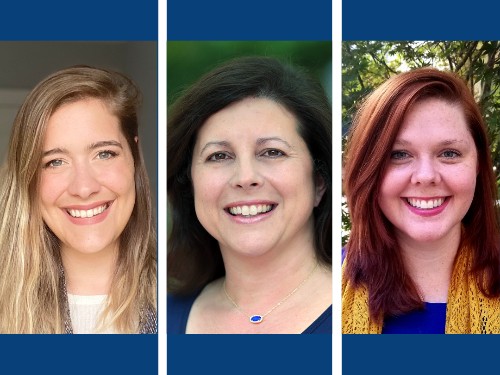
Surviving and (even) Thriving in Clinical Science Training: A DBT Skills Toolkit for Trainees – Part 1
by Samantha Hellberg, MA*, Jennifer Kirby PhD*, Tiffany Hopkins, PhD***University of North Carolina at Chapel Hill**University of North Carolina, School of Medicine Let’s be real: graduate school can be tough. Students are tasked with juggling countless roles and responsibilities, all while working to develop their professional identity as researchers and clinicians (McElhinney 2008). Many clinical psychology trainees…
-

Improving the Computational Reproducibility of Clinical Science: Tools for Open Data and Code
by Jeremy Eberle, MA University of Virginia Open data and analysis code promote computational reproducibility, or reproducing the results of an analysis when applying the same code to the same data (Nosek & Errington, 2020). Yet, in a random sample of articles published in “best practice” clinical psychology journals in 2017, only 2% reported data available…
-
Adapting School-Based Research Procedures to a Post-Covid World
Gabriela Memba & Gretchen Perhamus Adapting School-Based ResearchProcedures to a Post-Covid World by Gabriela Memba, MA & Gretchen Perhamus, MAState University of New York at Buffalo When considering the past year and a half, the list is endless regarding how COVID-19 has changed the way we go about our lives. Just as individuals were forced to…
-
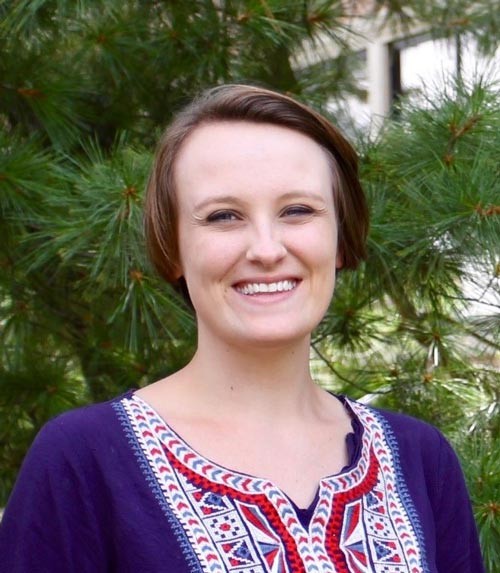
Advice for APPIC Virtual Internship Interviews from Someone Who Just Completed the Process
by Lili Gloe, MAMichigan State University Virtual psychology internship interviews have become the norm during COVID-19. In 2021, 98% of internship programs conducted their interviews exclusively virtually and many continued to do so in 2022. And it seems likely that, in some capacity, virtual internship interviews are here to stay (see APPIC 2021 Survey results).…
-

Models of Personality-Psychopathology Relations
by Alexander Williams, MSNorthwestern University Cross-sectional inquiries make clear that personality and psychopathology are reliably linked (Kotov et al., 2010). For decades, theorists have proposed and studied a set of models that purport to account for the overlap between personality and psychopathology. Research in this area has the potential to guide prevention efforts (via targeting…
-

HiTOP and Clinical Psychology Training: A Conversation with Dr. Aidan Wright
by Matt MattoniTemple University As clinical psychologists, we rely on normed structures and classifications of psychopathology for research, therapy, and assessment. The Diagnostic and Statistical Manual of Mental Disorders (DSM) has long dominated the field, despite flaws of arbitrary cutoffs and boundaries, within-disorder heterogeneity, and between-disorder comorbidity. To address classification-related issues such as these, numerous…
-
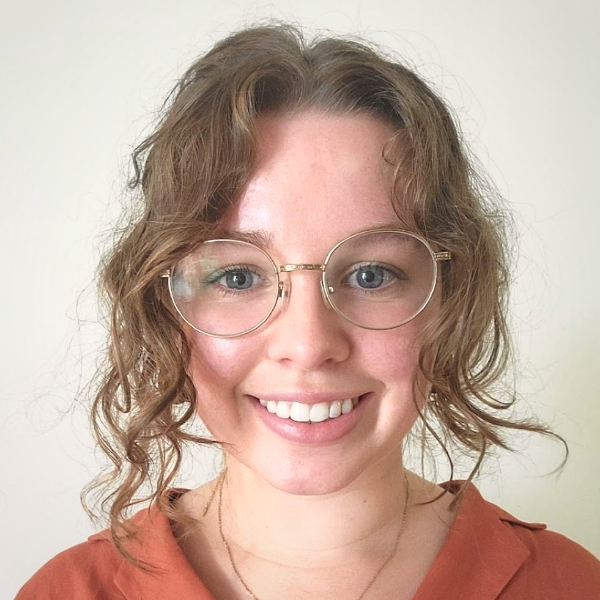
How Culture and Context Shape Our Understanding of Emotions
by Emma Herms, Indiana University Traditionally, emotions were thought of as universal. What would it mean for an emotion to be universal? A universal emotion would be associated with a single facial expression or unique physiological response and be consistent across cultures. Researchers have explored potential universal facial expressions for emotions (e.g., Ekman & Friesen,…
-

Overcoming Gender Inequality in Academia: Spotlight on Women Principal Investigators in Clinical Science
by Candice L. Dwyer, Virginia Tech While women account for over half of all PhDs, they comprise only 20-33% of tenured faculty (Houser, 2019). Women researchers have a smaller research footprint, lagging behind men in grant awards, publications, citation impact of first author publications, length of authorship history, and collaboration network sizes, including number of co-authors…
-

Developing Evidence-based Culturally Responsive Clinical Interventions: Barriers and Potential Solutions
by Shannon M. Savell, M.A., University of Virginia Many scholars have asserted that one vast improvement in the field of clinical psychology over the past few decades has been advances in examining both the efficacy and effectiveness of different therapeutic treatment modalities and a move towards evidence-based practice (Spring, 2007). Developing empirically supported treatments and utilizing…
-

Beyond the Curriculum On Beginning Graduate School
by Matt Mattoni, Temple University Beginning graduate school is a unique and complicated experience. There is excitement to work with people who share your interests, the allure of a new city, and above all, the feeling of finally reaching your goal after countless hours of work, stress, and doubt. Conversely, from the immediate “where should I…
-
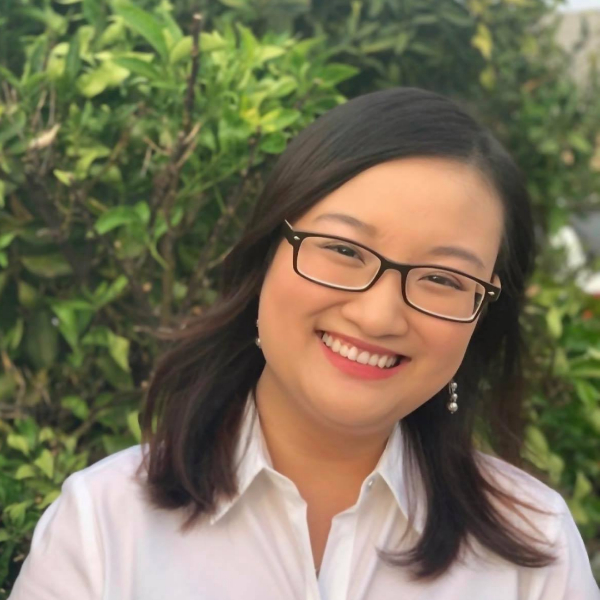
How Will COVID-19 Push For Telehealth Services in a Post Pandemic World?
by Hanna Nguyen – University of California, Los Angeles (UCLA) The COVID-19 pandemic has undoubtedly affected the entire world in the past two years. From transitioning to online schooling to a myriad of remote job opportunities, individuals of all ages were forced to adjust to the new way of life that the pandemic has caused. Previously,…
-

The Need for Good Practices in Quantitative Methods for Clinical Students
by Julianna R. Calabrese, The Ohio State University Quantitative methods are critical for psychological research and are fundamental to psychology curricula. Structural equation modeling, item response theory, and multilevel modeling have recently been brought to the forefront in graduate curriculums (Aiken et al., 2008). In parallel, recent research in journals have employed increasingly advanced statistical techniques…
-

Using Clinical Psychological Science to Mend Public Trust in Science
by Kathryn A. Coniglio, M.S. & Jessica L. Hamilton, Ph.D., Rutgers, The State University of New Jersey Our country is in the midst of two crises: the COVID-19 pandemic and an “infodemic” of misinformation (World Health Organization, 2021), conspiracy theories, and alternative facts. From the resistance to following scientific advice about virus containment to the January…
-

A Guide to Peer Reviewing for Clinical Science Students
by Lauren Oddo and Melanie Arenson, University of Maryland, College Park Writing, publishing, and editing are critical skills for graduate students, but most receive little to no training in these domains (Badenhorst & Xu, 2016; O’Hara, et al., 2019; Hopwood, 2010; Doran et al, 2014). In this article, we describe the benefits of peer reviewing, detail…
-

Integrating Single-Session Intervention Approaches Into Clinical Training Programs
by Riley McDanal, Stony Brook University At a time when so many people struggle to access necessary care, single-session intervention approaches can connect such individuals with immediate, action-oriented support. In turn, these single-session interventions offer training clinicians experience with a variety of clientele and presenting problems, count toward clinical hours, require minimal supervision, and bring in…
-
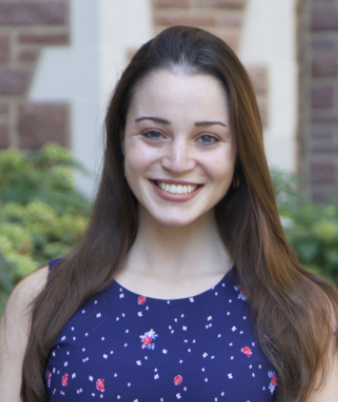
Why Clinical Scientists Should Care About Genetics
by Sarah E. Paul, M.A., Washington University in St. Louis Psychopathology is moderately-to-highly heritable, with ~30-80% of the population variance in mental illness attributable to genetic influences (Pettersson et al., 2019; Polderman et al., 2015). The field of psychiatric genetics is making new discoveries at an extraordinarily rapid pace, paralleling the dramatic reduction in cost of…

